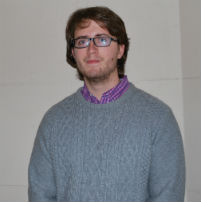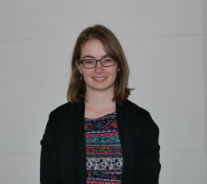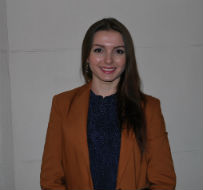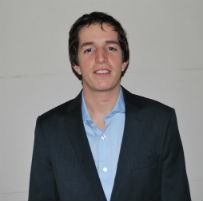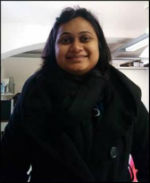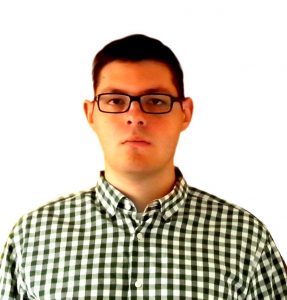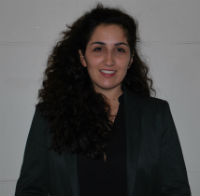An enduring feature of MCSA Training Networks is the range of talented researchers working on the various projects. We have invited the Early Stage Researchers in Remediate to tell us more about themselves. First up is Stacie Tardif, the first Chair of the Remediate Student Council (November ’15 to May ’16):
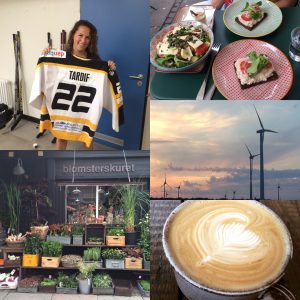
A Canadian’s perspective ABOOT living in Copenhagen
A couple of months ago, I made the big move to live in what has been dubbed the happiest country in the world: Copenhagen, Denmark. As I researched what life would be like among the descendants of the Vikings, I had a hard time understanding why it was voted as such. Most people spoke of rainy and windy weather, impossibly high taxes, housing shortages in the city, resulting in sky high rental prices, and the direct and often cold approach of the Danes.
Needless to say, I threw caution to the wind, packed my overflowing suitcases and crossed the Atlantic to embark on this newest adventure. Today, already a few months into my life as an adopted Dane, I am delighted to say that I am beginning to truly understand and appreciate this country for all that it has to offer. I have found a beautiful city, with remarkable people and an amazing culture here in Copenhagen. The city is charming and warm, with hipster cafes, delicious Danish pastry bakeries, gourmet restaurants with locally sourced produce, and specialty artisan boutiques. Copenhagen is especially breathtaking at twilight, when the amber rays of the sun catch the water from the lakes in such a way that I am stricken by the city skyline reflected back at me.
Despite warnings that it could take up to a year to receive a dinner invitation from a Dane, I have successfully managed to weasel my way into people’s homes and hearts, with the warmest of welcomes. Although direct in their approach, Danes resolve issues and conflicts swiftly and efficiently, which is something I have come to appreciate. The one thing I can’t seem to work out, however, is how Danes remain so slim when they eat so much cake! Cake for breakfast, lunch and dinner seems to be their motto and who can complain? Kage, Danish word for cake, was probably the first Danish word I was taught and I have been getting a lot of use out of it since then! Perhaps it is because Danes of all ages, from 4 to 80 years of age, bike everywhere, rain, snow and hail notwithstanding. As such, I have come to realize that waterproof mascara is just as important in this country as Vitamin D. With limited space and resources, Denmark has grown to be environmentally conscious – both in policy and in culture, which I have come to greatly value and revere.
Although taxation rates are high, working here as a researcher provides good benefits, high quality of life, and most importantly, a great team of scientists to collaborate with and learn from. All things considered, my current status while living in Denmark is, very happy!

